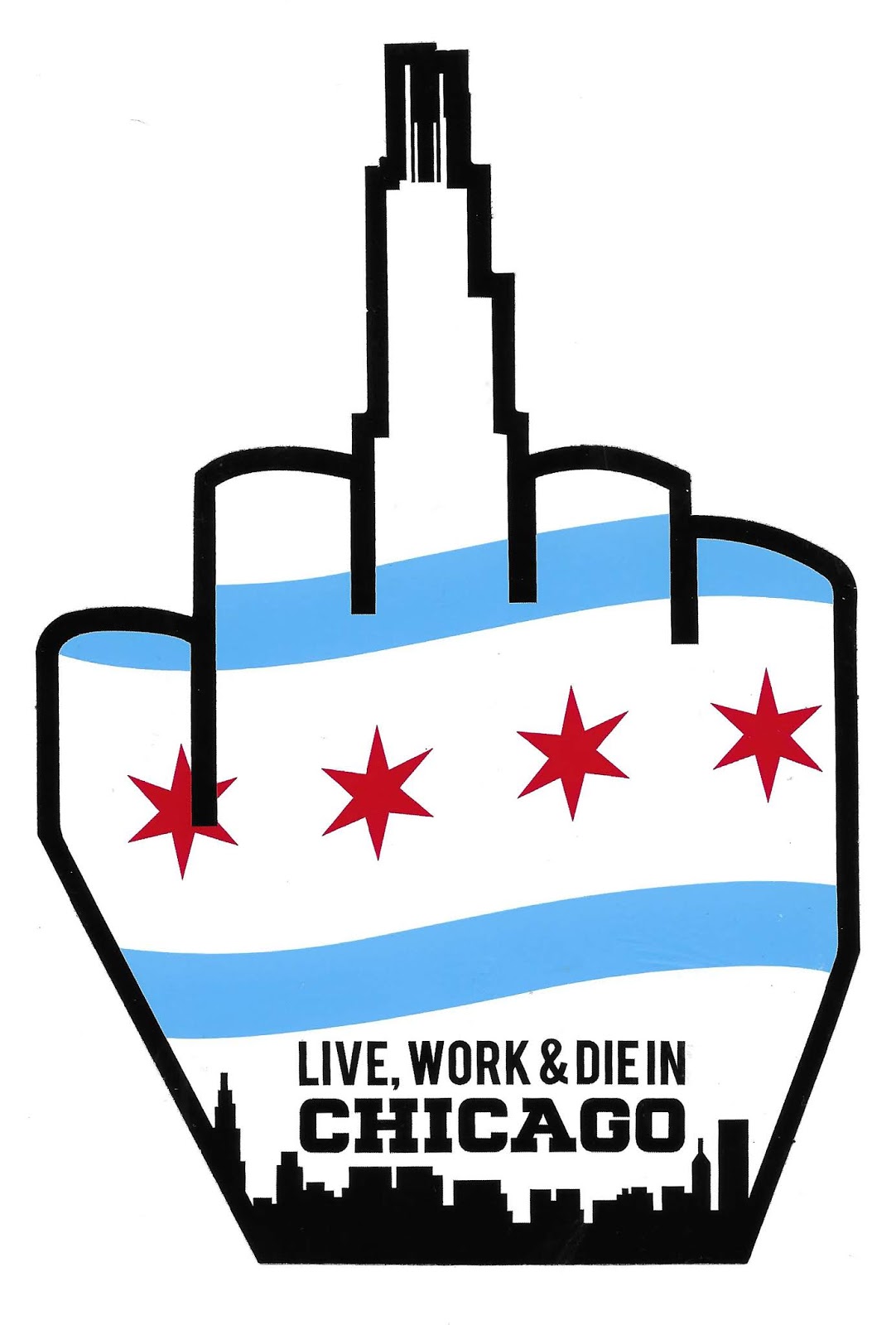The term "Second City Cop Chicago" resonates deeply within the fabric of law enforcement and public service in the Windy City. It evokes images of dedicated officers who patrol the bustling streets of Chicago, navigating the challenges of urban policing with grit and determination. The Second City, a nickname that pays homage to Chicago's rich history and cultural significance, is not just a backdrop for these officers; it is an integral part of their identity and mission. This article delves into the nuances of being a cop in Chicago, the unique challenges faced by these officers, and the camaraderie that defines them.
In a city known for its vibrant neighborhoods and diverse communities, the role of the Second City Cop is both rewarding and demanding. These officers are not just enforcers of the law; they are community members who strive to build trust and relationships with the people they serve. As we explore the lives of Chicago's finest, we will uncover stories of bravery, resilience, and the unwavering commitment to protect and serve.
From the challenges of crime prevention to the importance of community engagement, the Second City Cop Chicago embodies a spirit of dedication. Whether it's responding to emergency calls or participating in community events, these officers are at the forefront of ensuring public safety. Join us as we take a closer look at the experiences, challenges, and triumphs of those who wear the badge in Chicago.
What is the Role of a Second City Cop in Chicago?
The role of a Second City Cop in Chicago extends beyond traditional law enforcement duties. These officers are tasked with maintaining public order, preventing crime, and fostering a sense of security within their communities. Their responsibilities include:
- Patrolling neighborhoods to deter criminal activity.
- Responding to emergencies and assisting those in need.
- Engaging with community members to build trust and rapport.
- Investigating crimes and gathering evidence.
- Collaborating with other law enforcement agencies and organizations.
How Do Second City Cops Build Community Relationships?
Building strong community relationships is critical for Second City Cops. They engage with residents through various initiatives, including:
- Community policing programs that encourage dialogue between officers and residents.
- Participation in local events, such as neighborhood watch meetings and community festivals.
- Educational outreach programs in schools to promote safety and awareness.
- Social media engagement to connect with the community and share important information.
What Are the Challenges Faced by Second City Cops?
While Second City Cops are committed to their mission, they encounter numerous challenges, such as:
- High levels of crime in certain areas, requiring strategic response and intervention.
- Community mistrust of law enforcement, stemming from historical tensions.
- Limited resources and funding for necessary training and equipment.
- Physical and emotional toll of dealing with traumatic incidents.
Who Are the Heroes Behind the Badge?
Behind every badge, there is a story. Second City Cops come from diverse backgrounds and bring unique experiences to their roles. Here’s a look at some notable figures:
| Name | Rank | Years of Service | Notable Achievements |
|---|---|---|---|
| Officer John Smith | Sergeant | 15 | Community Service Award 2022 |
| Officer Maria Rodriguez | Lieutenant | 20 | Police Officer of the Year 2021 |
| Officer James O’Connor | Detective | 10 | Best Detective Award 2020 |
What Impact Does the Second City Cop Have on Crime Rates?
The presence of Second City Cops plays a significant role in influencing crime rates across Chicago. Their strategies include:
- Proactive policing to prevent crime before it happens.
- Intelligence-led operations targeting hotspots for criminal activity.
- Partnerships with community organizations to address root causes of crime.
How Do Second City Cops Handle Mental Health Issues?
With rising awareness of mental health issues, Second City Cops are trained to respond appropriately to situations involving individuals in crisis. Their training includes:
- Crisis intervention techniques to de-escalate situations.
- Collaboration with mental health professionals for ongoing support.
- Education on recognizing signs of mental health issues in the community.
What Are the Future Prospects for Second City Cops?
As the landscape of policing continues to evolve, the future prospects for Second City Cops will hinge on their ability to adapt. Key areas of focus include:
- Incorporating technology and data analytics for more effective policing.
- Enhancing training programs to prepare officers for modern challenges.
- Strengthening community partnerships to foster collaboration and trust.
How Can the Community Support Second City Cops?
Community support is crucial for the effectiveness of Second City Cops. Ways to support them include:
- Participating in community policing initiatives and events.
- Providing feedback to law enforcement agencies to improve services.
- Advocating for funding and resources for police departments.
In conclusion, the role of the Second City Cop Chicago is multifaceted, encompassing both law enforcement and community engagement. These officers are committed to making a positive impact in their neighborhoods, overcoming challenges with resilience and dedication. As Chicago continues to grow and change, the Second City Cop will remain a vital part of the city's efforts to ensure safety and foster community relationships.




